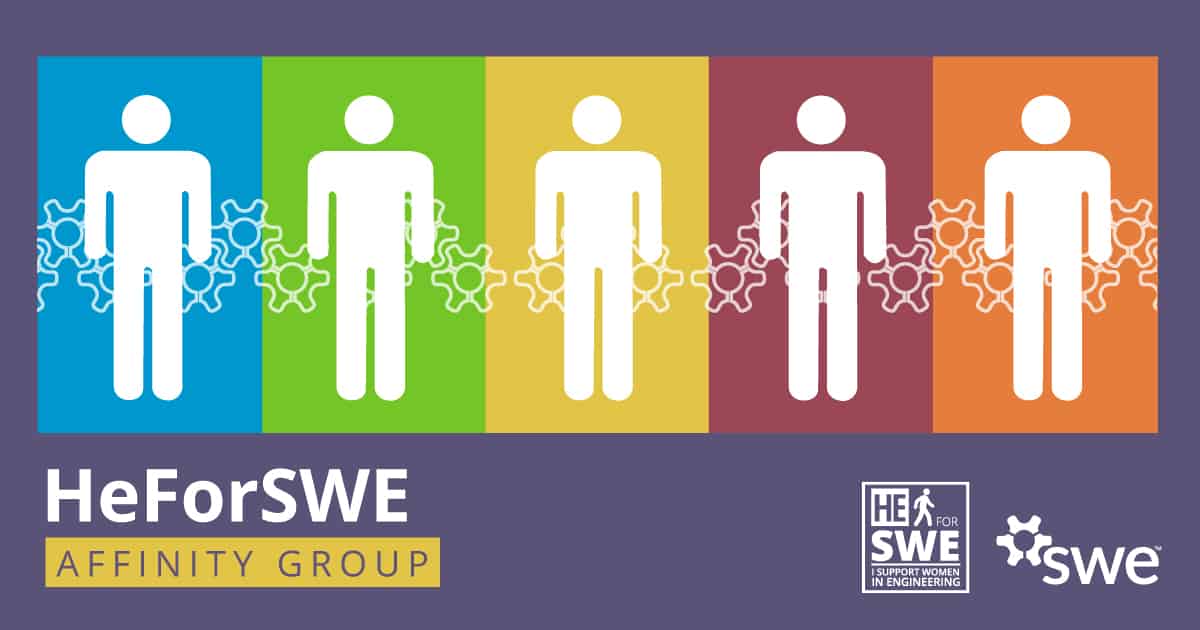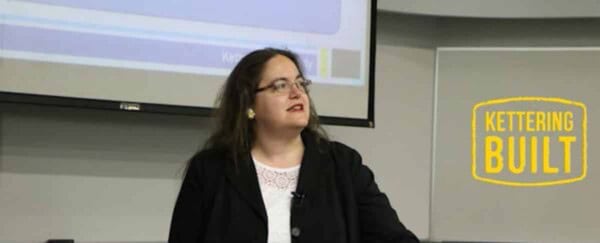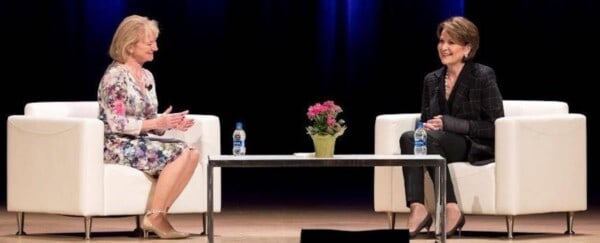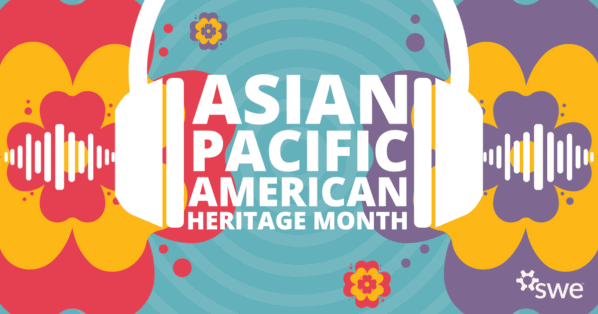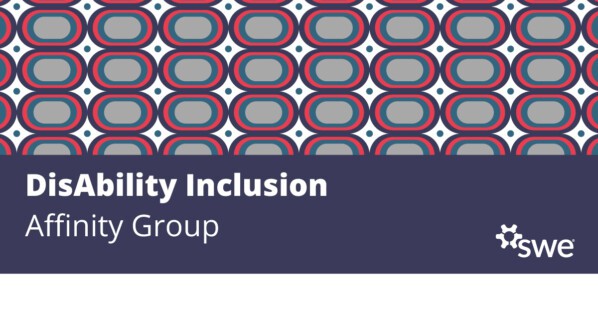As a part of the HeForSWE Affinity Group’s spotlight month, SWE will be highlighting professionals and male allies, discussing their perspectives on allyship in STEM. In this article, we will feature Rick Stewart (he/him/his), Miles Johnston (he/him/his), and Zach Wynne (he/him/his).
Rick Stewart (He/Him/His) – Dodge Industrial, Inc.
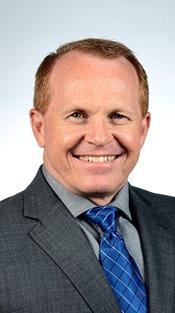
Rick was born and raised in western Montana before moving to South Carolina to attend Clemson University. After graduating with a BS in Mechanical Engineering, he entered the industrial manufacturing business where he has spent over 30 years in a variety of roles. His experience includes holding multiple positions in Services, Global Product Management, and currently is the VP of Engineering for Dodge Industrial Inc., located in Simpsonville, SC. Rick is the executive sponsor for the Dodge Industrial SWE Corporate Partnership Council relationship and is very active in multiple activities related to the growth and prosperity of Women in STEM.
What does allyship mean to you?
Allyship is simply advocating for those who may not be able to advocate for themselves. A trusted ally must be consistent with support, regardless of the situation. I strive to support all team members both at the individual level as well as in large team settings in the same fashion. Being a good ally requires one to intentionally seek input from those who may not be confident to share their thoughts amongst others. Often it takes a leader to ask insight from a diverse team member in order to get the entire team to buy into new ideas or different opinions on a solution.
What has driven & inspired you to want to advocate and support and become vocal advocates for women and other minorities in the STEM field?
In full transparency, it all started about 5 years ago during a leadership meeting when the topic of women in manufacturing came up and collectively, we struggled with how to make meaningful improvements in this area. I volunteered to do a market study to better understand the wants and needs of the under-represented (with a focus on women in STEM). During that process I discovered SWE and the vast network of partners who were willing to help. The more I became engaged and the broader network of friends that I met along the journey, I found a number of specific actions that would drive improvement primarily as it relates to “Belonging” and “Inclusion” into our business. Things took off and I could see major improvements in the involvement of our existing women and minorities within our business as their excitement grew that we were taking meaningful action. This excitement is contagious, and others were anxious to jump in to share in the experience. I feel like there is so much more to learn in this space. One thing that I’ve found interesting is that some companies may compete in business, but all share in the theme of inclusion and are true partners on this topic.
Can you give an example of a time you’ve implemented allyship actions in your workplace?
There are many examples, but the one that is likely the most unique and rewarding is related to a brand-new collaboration with Clemson University and their Women’s Leadership program. If you didn’t know, Clemson offers a BA in Women’s Leadership. This year, I was successful in working with their leadership team to create a Senior Capstone project for the seniors who will be graduating with this degree. With a lot of effort and coordination, we’ve been able to collaborate with several organizations who are SWE CPC members to do a study in the D&I space. It involved dozens of interviews with multiple organizations combined with an in-depth market research that is being conducted by the students. The best result; however, is that we are now building a strong network of professionals and students who are aligned in this topic and will continue to network in the future to improve the state of women in industry. We plan to continue working on growing this program in the future and increasing awareness of these types of opportunities.
How do you cultivate conversations in the professional environment about diversity and inclusion?
I find it interesting that so many people find D&I to be a difficult or awkward topic. I think it’s quite easy to bring up as long as you understand the topic and how to apply it correctly to the situation that you’re in. For example, if you have a group of engineers design a new solution for a problem, it’s highly likely that it will have too many features and have a highly complex working instruction such that it can’t be sold to the typical population of people.
That’s why we have diverse teams involved with business evaluations (sales, manufacturing, customers, etc..). Diversity and Inclusion doesn’t always have to refer to minorities. If you use the D&I process and terminology to evaluate skill sets, cultural experiences as well as other appropriate categories, then it becomes natural to bring it up when under-represented groups are missing or not included in the decision-making process.
I think the key to success with the D&I topic is to bring it up frequently and in wide variation of applications, and then it will become a natural and expected part of any business discussion.
How do you engage other men to become advocates, recognize and want to support these initiatives?
I’ve found that when a man advocates for a cause that other men notice and follow in the same path. Often, it just takes one person to take a risk and become vulnerable to allow others the confidence to get on board. At Dodge, when we initiate programs to support women or any other under-represented groups, I find that we get a good mixture of men who volunteer to help and even lead some of the events. I would encourage others to be the first one to advocate……and I think you would be pleasantly surprised with the response and support of others.
What advice would you recommend to your male counterparts or team members on how to be an ally and support the inclusion of women in engineering fields?
The first step should be to join SWE so you can learn more about the challenges and opportunities available to women in engineering. The next step is to take a risk and be the first to advocate for women in your industry. At first, you may get pushback and difficult questions coming your way. With consistency and persistence, you will become a trusted friend and partner with the members who you are supporting. Once you’ve achieved that trust, then you will be pleasantly surprised with the support, friendships, and most of all improved performance of your team.
Miles Johnston (He/Him/His)- Sealed Air Corporation

Miles Johnston is the Executive Director Shrink Bags and Films Material Solutions for Sealed Air Corporation. He graduated from the University of Auckland (NZ) with a BE in Chemical and Materials Engineering, and initially worked in Australia in the Aluminum industry, and in product development in the Petcare industry before relocating to the UK. Miles joined Sealed Air UK in 2001 as a Process Engineer and spent the next 13 years in the UK and Europe in various Production/Operations/Engineering management roles. In 2015 he relocated to the Carolinas with Sealed Air, moving into an R&D role leading a product development team for NAM. In the last 7 years Miles has held several leadership roles within the R&D organization and continues to lead a team of engineers and technicians in regional and global product development.
What does allyship mean to you?
For me, allyship is about being intentional in understanding, acknowledging and as a leader advocating for people who are minorities, and utilizing my privilege as a white male to positively influence outcomes.
What has driven & inspired you to want to advocate and support and become advocates for women and other minorities in the STEM field?
In my engineering class there were only a handful of females in the entire year, they shared a perspective of how tough it was to be a minority in such a male-dominated environment, both in-school and in the workplace beyond. They were discussions which resonated with me, and have been reinforced as my career has continued to be in predominantly male industries.
Can you give an example of a time you’ve implemented allyship actions in your workplace?
A very simple example most recently was wishing a colleague from India a happy Diwali! More regularly I work one-to-one with all my team to provide a safe environment built on trust where they can share their viewpoint and hopefully feel heard.
How do you cultivate conversations in the professional environment about diversity and inclusion?
I think one of the most important approaches is working to create an environment which encourages openness, and then actively listening to what my team members are sharing.
How do you engage other men to become advocates, recognize and want to support these initiatives?
By reinforcing the fact that we have to go beyond good intentions, reminding my peers (and myself) that to be effective allies we need to be intentional.
What advice would you recommend to your male counterparts or team members on how to be an ally and support the inclusion of women in engineering fields?
Get educated, actively listen to underrepresented peers and employees, and set the right tone in your own interactions with peers.
Zach Wynne (He/Him/His)- Bostik
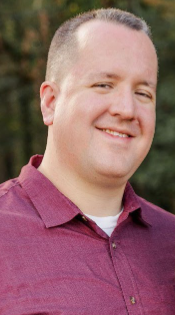
Zach Wynne is a native of Lake, MS and earned a BS and MS in Chemical Engineering from Mississippi State University. Zach has worked in the specialty chemical industry for 10+ years, where he has supported reaction chemistry processes and blending processes in a semi-batch plant including scale-up research and project work. Zach’s current role is Plant Engineer, where he manages CapEx projects from origination scope to implementation and owns responsibility for the control and network systems as well as safety system management, utility systems support, and local PLC’s. He also supports his facility and 4 other facilities with Mechanical Integrity management and process safety system for Process Hazard Analysis.
What does allyship mean to you?
Allyship means to keep my perspective always objective and to listen to all viewpoints throughout my day-to-day activities and actively strive for open communication and support.
Can you give an example of a time you’ve implemented allyship actions in your workplace?
We had a newly hired Quality Manager from a different industry start at our plant, and I made sure to take consistent time out of my day to help train her on the plant activities, processes, and products to help give her a stronger voice during customer issue evaluations. I helped her adapt her experience with Lean Manufacturing to guide her in implementing changes to the site’s processes including helping advocate for the changes. I wanted her to be supported in her new role and make sure that others were listening to her ideas.
How do you cultivate conversations in the professional environment about diversity and inclusion?
I challenge my colleagues actively by asking questions and participating in the hiring process for roles within our plant, and ensure resumes received are reviewed objectively and openly discuss issues or evaluations to ensure all parties are being treated fairly and equally. Working in manufacturing, if we aren’t intentional, it becomes male dominated and we are doing ourselves a disservice to allow that.
How do you engage other men to become advocates, recognize and want to support these initiatives?
In conversations with male colleagues, I use personal examples from my life to support positive conversations on how influential my female graduate advisor was for me professionally, or my female manager when I first started working in the industry, and the incredible work my wife, who is also an engineer, has done over the years. I also work to promote the idea that roles are not gendered and should be based on knowledge and experience.
What advice would you recommend to your male counterparts or team members on how to be an ally and support the inclusion of women in engineering fields?
Self-assess your thoughts and viewpoints to ensure objectivity and fairness and to always listen to all parties involved in the workplace. A great part about engineering is the teamwork and ideas from different experiences and expertise, and to actively work to include those who have different skills and thought processes than you do to gain from a diverse group.
What has driven & inspired you to want to advocate and support and become vocal advocates for women and other minorities in the STEM field?
The personal experiences in the industry that I love and know others would as well with fair and available exposure; ensuring everyone has a chance to pursue STEM fields. And my wife who is constantly striving to better herself in managing multiple leadership roles within her company and other organizations, continuing her education, and professional development.
Opt into the HeForSWE Affinity Group email list by logging into your member portal and updating your Communication Preferences.
Author
-

SWE Blog provides up-to-date information and news about the Society and how our members are making a difference every day. You’ll find stories about SWE members, engineering, technology, and other STEM-related topics.

